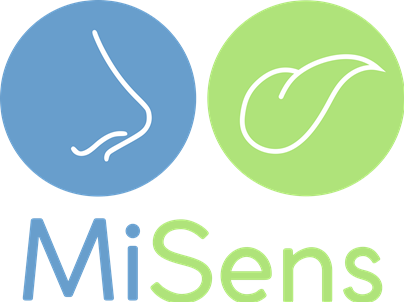Each of us perceives smells and tastes differently. For certain flavours, these differences are particularly pronounced and strongly determined by our genes. During the Zurich science event “Scientifica 2017”, visitors had the opportunity to test their perception of smell and taste in a workshop.
The MiSens study investigates how people differ from each other in their perception of taste and smell. The long-term goal of the entire project is to understand the genetic basis for these differences. A further goal of the study is to compare the quality of data from participants’ self-testing with data collected under consistent and closely supervised laboratory conditions.
In the study, the sensitivity with which participants perceive different smells and flavours is determined. Two types of tests are carried out for this purpose. In the first test, the intensity of tastes or odour samples is assessed according to a scale. In the second test, the participants identify from several samples the sample that contains the respective taste or odorant. For the taste tests, the samples consist of a small volume (approx. 10 ml) of flavours dissolved in water. The samples must be well distributed in the mouth and can then be spat out again, similar to a wine tasting. For the odour tests, the samples are presented in felt-tip pen-like “sniff sticks” at the tip of which the participants can smell.
With additional information from the participants, the individual ability to perceive smell and taste will be classified. The influencing factors include age, sex, the number of root canal treatments and extracted wisdom teeth (these dental procedures often damage the nerve tracts between tongue and brain), and preferences for bitter foods.
The app provided for the study stores the data in a personal data account on the MIDATA platform. The data are encrypted and only accessible to the participants of the study. The data is only released for analysis after explicit access rights have been granted. This activation can be revoked at any time. For the analysis of the data, an anonymous copy of the data stored on the MIDATA platform is generated and made available to the researcher at ETH.





